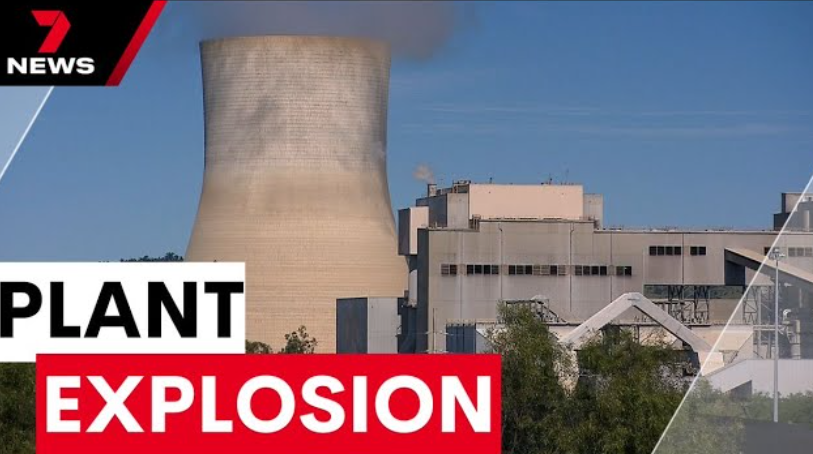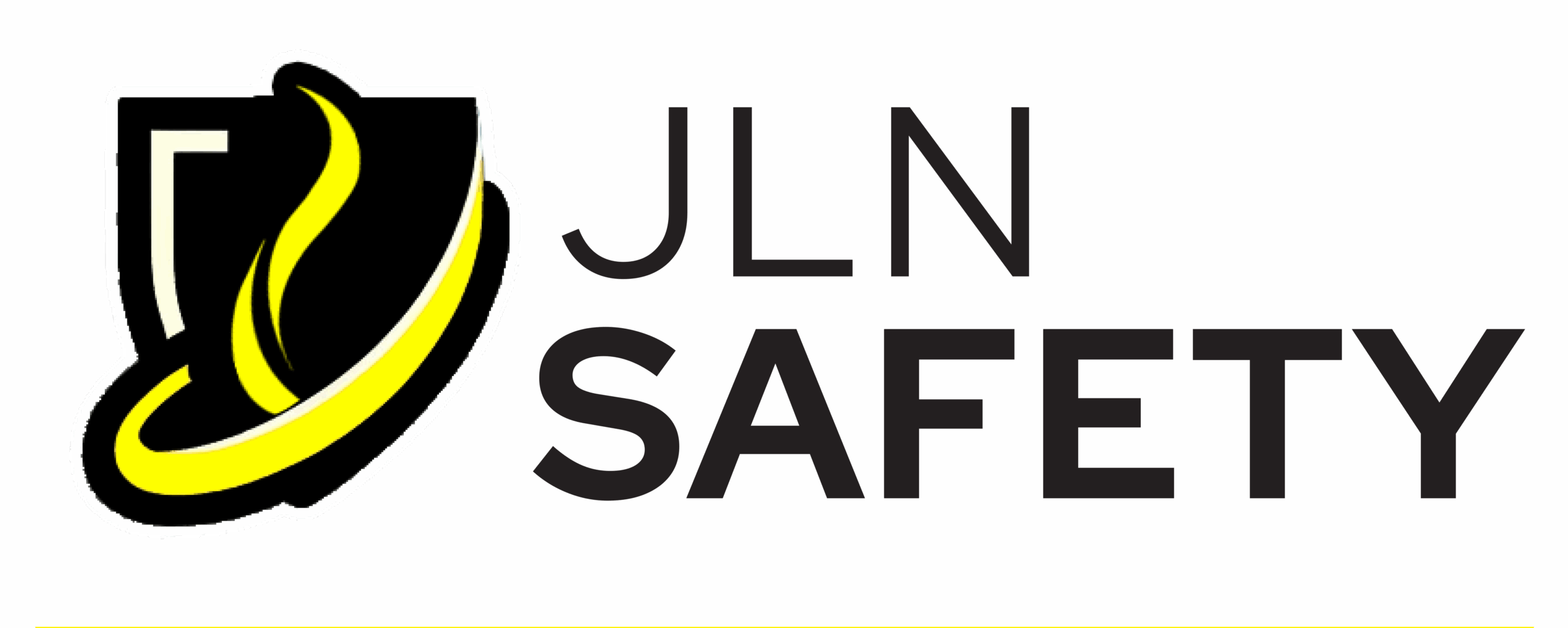
On April 4, 2021, a catastrophic explosion at Australia’s Callide Power Station ripped through the facility, leaving behind an expensive trail of damage, lost generation capacity, and most importantly—serious questions about safety culture.
Investigations since released paint a clear picture: the incident was preventable. Yet systemic shortcomings in inspection, maintenance, and reporting created the conditions for disaster.
What Happened
The triggering event was deceptively simple: a clinker fell into the furnace ash system. This seemingly routine occurrence disrupted operations and set off a chain reaction. Instead of being contained, the disruption triggered a reignition event that ultimately led to the blast.
The explosion didn’t happen in isolation – it was the culmination of ongoing deficiencies that had been overlooked for months, if not years.
Findings: 37 Safety Failures
A government-commissioned report documented 37 separate safety failures, including:
- Neglect of inspections and preventive measures – critical systems were left unchecked, allowing small risks to grow into major hazards.
- Deprioritization of safety over production – operational pressures consistently overruled safety protocols.
- A silenced workforce – employees were discouraged from reporting safety concerns, fostering a culture of fear rather than transparency.
These failings point to not just mechanical shortcomings, but to deep-rooted cultural issues within the organization.
Consequences
- $54 million in direct damages and long-term loss of generating capacity.
- Reputational damage to the operator, CS Energy, now under public scrutiny.
- The stark reminder across the power sector of what happens when leadership neglects safety fundamentals.
Response
In the wake of the findings, CS Energy has pledged reforms aimed at strengthening safety leadership and governance. According to The Australian and the Courier Mail, leadership has committed to organizational changes, improved reporting pathways, and more robust preventive maintenance.
Lessons for the Industry
The Callide explosion underscores a universal truth: safety culture is not optional.
- Proactive inspections matter – catching small failures before they become catastrophic saves lives and money.
- Open reporting culture saves organizations – when workers feel safe to raise concerns, leadership gains critical visibility into risks.
- Leadership buy-in is the tipping point – safety can’t just live in manuals and binders; it must be lived, enforced, and modeled from the top down.
JLN Safety’s Perspective
At JLN Safety, we work alongside industrial and energy clients across the Northeast to ensure incidents like Callide remain cautionary tales—not lived experiences. From confined space oversight and outage safety to NFPA-compliant training and inspections, our mission is clear:
We don’t just inspect – we protect, and we provide solutions.

Leave a Reply